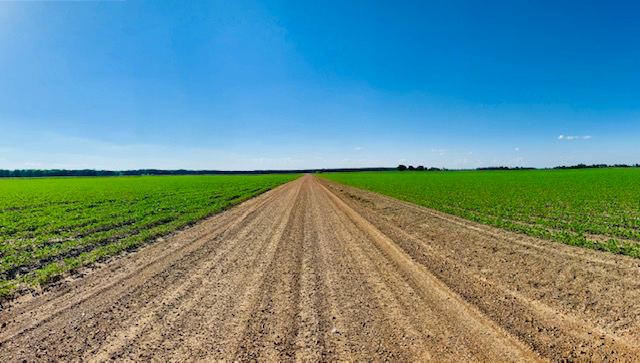
Pathways to Evaluation: When Experience Fosters Interest
By Joey Rutherford and Hannah Loomis
Joey Rutherford is the Associate Director at CERE and the center’s longest-term employee. We spoke with him about his path to evaluation and his passion for Mississippi.
How did you enter the field of evaluation?
I started working here in 2007 as a secretary. At that time, my supervisor had a National Science Foundation (NSF)-funded project to increase algebra skills in the state of Mississippi. As the secretary I planned and attended all the events that went along with that project. At first, I only went to the events to make sure the food showed up on time and the teachers were getting what they needed to implement the project, but through these experiences, I was able to see good things being done in Mississippi communities that desperately needed assistance.
It’s really cool when you see a program being implemented in a high-need area, especially when the program is contributing to positive outcomes in the community. That’s when I first saw real change happening and I just thought that was spectacular, so I became interested in doing other work in the field of evaluation.
I started to ask questions. I would ask if I could enter data, ask if I could conduct an interview or do things like that. That’s how I began to immerse myself into the field.
I went from secretary to research aide, and when I became a research aide I was able to use data to see the effects of a program. Then I moved up to project coordinator, project manager, assistant director for a while, and now I’m associate director. All the way up until this current position, I was in the field; doing work, conducting interviews, getting to know the communities. Over the years I have found that being in the community and creating relationships fosters a better environment for evaluation. People want to be heard, and they want to trust the individuals requesting information.
What’s behind your passion for this work?
I love Mississippi. It’s one of the reasons I get up every day and go to work. I know CERE is assisting in making real change in the state of Mississippi, which is near and dear to my heart.
The first project that was fully mine as an evaluator was an NSF EPSCoR grant which trained middle school teachers to use fun, innovative ways to teach science. Teachers from all over Mississippi came to the two-week workshop. It was an opportunity to see evaluation being utilized to improve communities. Seeing all the work done, all the research, all the grant funding that comes in to help better the state of Mississippi is really cool and truly why I still do what I do.
What is CERE’s role in helping the state of Mississippi?
One thing we pride ourselves on here at the center is giving our clients a deliverable they can use to create positive changes in their community. It might say, “Hey, this is going great, keep on keeping on.” But if it’s not going so great we can say, “Here are some subtle things you might be able to do to turn the corner.” If we are not providing an evaluation that can be utilized, we are not doing our job. We constantly ask ourselves how we can equip our clients with usable information to create the change they are after.
We also try to give ownership to the community, sometimes through empowerment evaluation. You’re empowering the community to take ownership of their community and find ways to make positive changes there. Our job is to determine, “Is this program having the intended outcome? And if it’s not, why isn’t it? What can we do to make changes?”
We’re not doing our job if we’re not giving our client something they can use, even if they’re not the results they had anticipated. You can’t deliver those results to a client unless you have built good a rapport with them from the beginning of a project. If you do that part correctly, that can lead to real change—even for projects that are not producing the impacts that they intend to.
Why do you think the Mississippi projects are so important to you?
I’ve lived in Mississippi my entire life. I grew up in one of the most impoverished cities in the United States of America, in Greenville, Mississippi, in the heart of the Mississippi Delta.
I’m very privileged. I had a wonderful home. I went to private school. I had all the things I needed to be successful in life, but when you grow up in a unique place like the Mississippi Delta, the need is all around you. You can see it. You can feel it.
Living through that and even getting my doctoral degree at the University of Mississippi… I don’t know if that motivated me then, but now I see that growing up in Greenville contributed to me wanting a career that helped make real change in Mississippi. I see the need for grant dollars going into those areas. I look back now, and there’s zero chance I would still be doing what I do if it hadn’t been for that. Zero chance.



